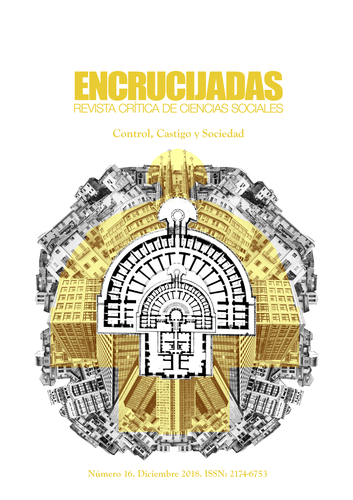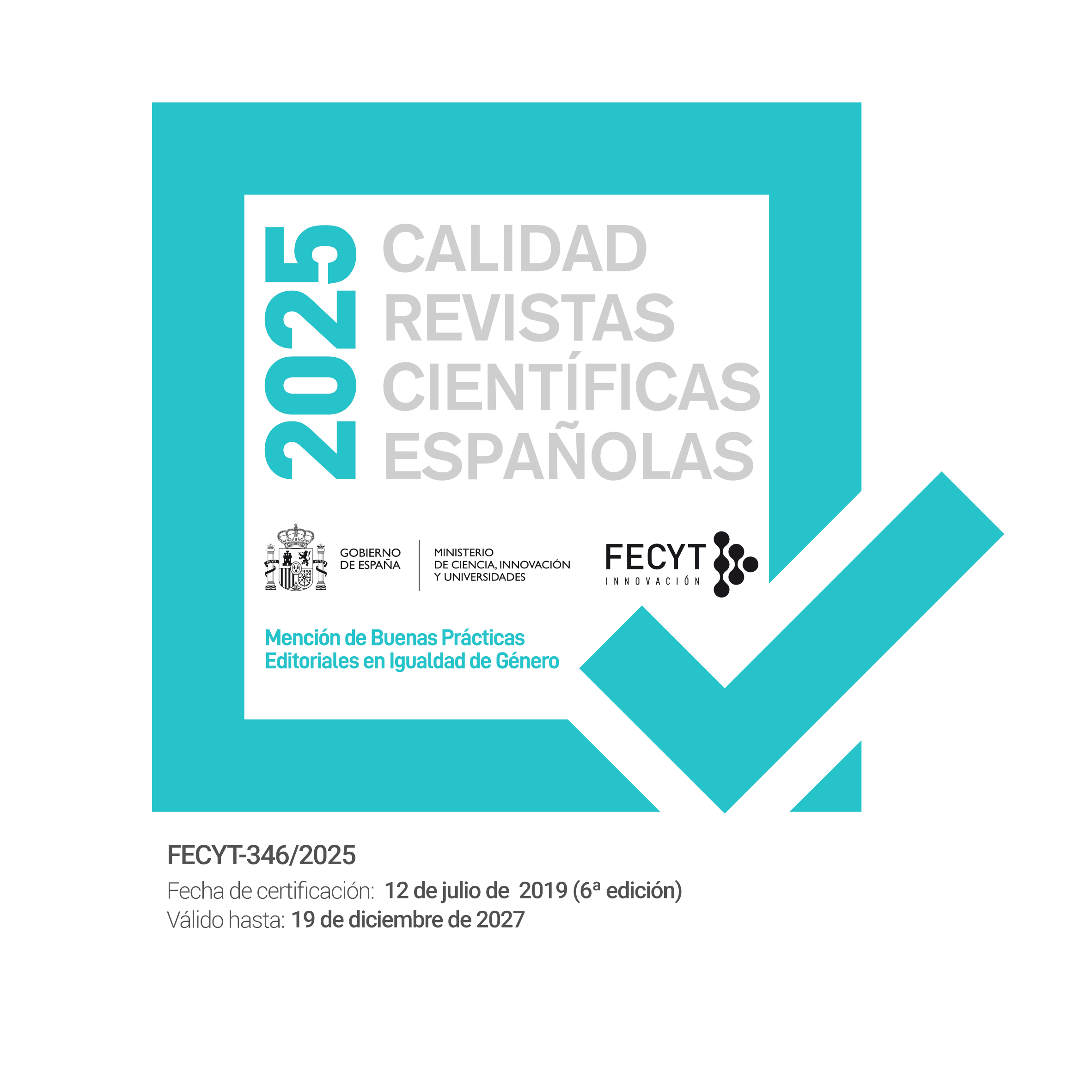Proximity, insecurity and inequality: an approach to police work in the city of Madrid
Keywords:
Madrid police, Community Policing, Neoliberal City, Lavapiés, Salamanca district.Abstract
This article has the purpose of relating the police work of proximity with the reified social field in the city. Our objective is to know how certain discursive positions on public security are socially constructed from a series of fundamental structural determinants. To that end, we will try to relate the social space and the urban space through police practices and discourses. We propose an approach to some sociological determinants of police work with "the community", trying to emphasize the productive capacity of the latter, beyond merely repressive functions. Through an ethnographic fieldwork consisting of a series of interviews, observations and rounds of accompaniment with police in two very unequal urban spaces (material and symbolically), we will try to identify some fundamental contradictions of police work of proximity in progressively dual social and urban contexts. We will approach the way in which (in) security occurs in both spaces, highlighting the importance of objectifying power struggles in neighborhoods, the role of the State and the media in these, and the political-social danger of psychologizing the insecurities and de-politicizing the violence, that is, unlinking the social issue from the security problems in the cities.
Downloads
Downloads
Additional Files
- ARTÍCULO COMPLETO (Español (España))
- Renta por barrios, Madrid. 2012 (Español (España))
- Estudios superiores por barrios, Madrid. 2017 (Español (España))
- Extranjeros en Lavapiés y Salamanca 2013 (Español (España))
- Sin título (Español (España))
- el bronx de Lavapiés (Español (España))
- Sin título (Español (España))
- Poli en Lavapiés (Español (España))
- Margaret Thatcher (Español (España))
- Salamanca (Español (España))
- Sin título (Español (España))
- Sin título (Español (España))
Published
How to Cite
Issue
Section
License
Los autores/as conservan los derechos de autor y ceden a la revista el derecho de la primera publicación, con el trabajo registrado con la licencia de atribución de Creative Commons Reconocimiento-NoComercial (CC-BY 4.0), que permite a terceros utilizar lo publicado siempre que mencionen la autoría del trabajo y a la primera publicación en esta revista. Encrucijadas permite y se anima a todas las personas autoras a depositar la versión final publicada en repositorios institucionales o temáticos de acceso abierto, cumpliendo en caso necesario los términos establecidos por la entidad financiadora de la investigación.





